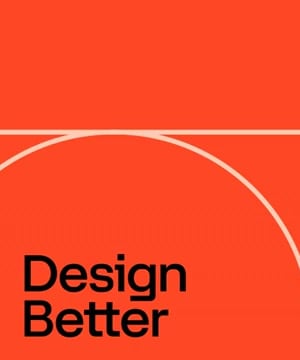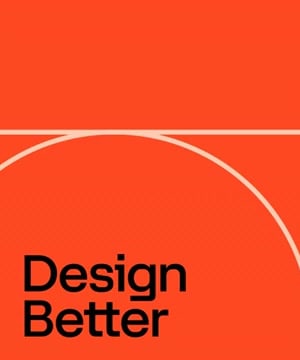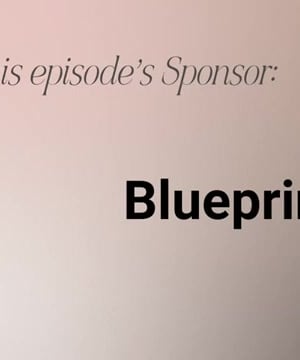What is emotional design?
Sources:
Emotional design focuses on crafting a product or experience that resonates with users on a deep emotional level. This isn't just about functionality but also creating a strong emotional attachment that can drive consumer behavior and loyalty.
-
Integrating Emotion in Design: Frank Stephenson, an automobile designer, explains that creating a product that people want, even if they don't need it, is the "magic" of emotional design. This involves considering what the brand represents and the emotional message conveyed through the product's appearance and experience 1.
-
Balancing Art and Science: Greg Hoffman, Nike's CMO, emphasizes that successful branding combines both art and science. Emotional design transforms brands from merely transactional entities to ones with deep, meaningful connections with their consumers. This involves intentionality in evoking specific emotions through creativity and design 2.
-
Product Emotional Impact: Rahul Vohra, CEO of Superhuman, highlights the importance of creating products that evoke strong emotions, akin to the best games. Superhuman, for example, designs for joy, excitement, optimism, and even surprise. Hitting "Inbox Zero" in their email service evokes not just efficacy but also pride, triumph, and a sense of accomplishment, enhanced by stunning imagery meant to broaden the emotional experience 3 4.
-
Emotion in User Interaction: Eileen Fisher, a fashion designer, discusses how emotional reactions to fabrics and colors influence design choices. Understanding how a garment makes someone feel when they wear it can be crucial for achieving the desired emotional response. Documenting these intuitive responses helps ensure that the emotional aspects are incorporated consistently into the design process 3.
Overall, emotional design aims to create products that spark joy, attachment, and a personal connection, going beyond mere functionality to influence users' feelings and behaviors meaningfully.
RELATED QUESTIONS-


